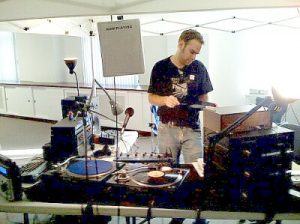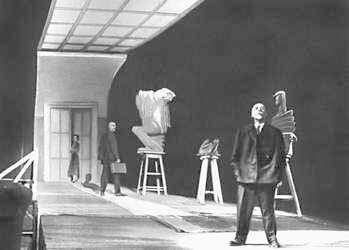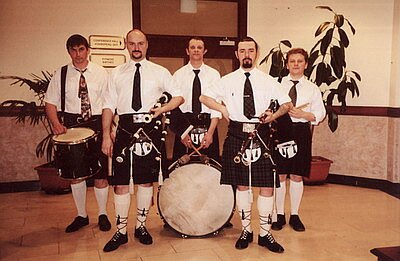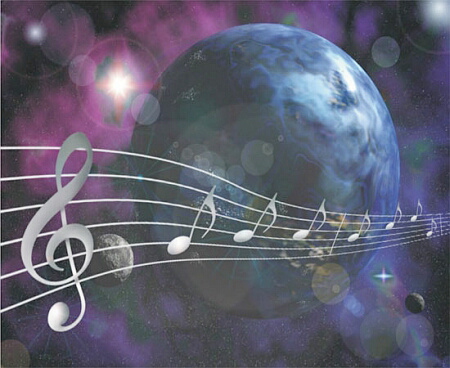How to establish a pirate radio station
 Nearly all of the people who worked or worked for BBC Radio 1, including Pete Tong, Danny Rampling, Gils Peterson and John Peel began as employees of pirated broadcasts. Since the 60s of the last century, pirate radio has become home to the underground music itself. By rough estimates, 200 pirate stations are successfully operating in England, of which more than 80 are in London alone.
Nearly all of the people who worked or worked for BBC Radio 1, including Pete Tong, Danny Rampling, Gils Peterson and John Peel began as employees of pirated broadcasts. Since the 60s of the last century, pirate radio has become home to the underground music itself. By rough estimates, 200 pirate stations are successfully operating in England, of which more than 80 are in London alone.
Pirate radio got its name from the illegal stations of the 60s, which were broadcast from ships in the North Sea and the English Channel. The most famous were Radio Carolina and Radio London (from which Radio 1 lured almost all the disc jockeys in 1967 to its founding), as well as Radio Luxembourg, based on land. In the 70s, stations such as Invicta and Di-BBC appeared, which changed the tastes of the generation as they advertised the reggae style for the growing black communities of London. The phenomenon of these stations was also in the fact that in just a few weeks their audience grew to several million people. Nowadays, despite decades of government efforts to eliminate pirate stations (including mass hunting for underground broadcasters in the US in the 1960s), they are stronger than ever and continue to offer an alternative to legal radio.
Never engage in illegal activities and do not meddle on the radio, not respecting the laws of a democratic society. As long as you do not engage in any of the following activities, you will be within the law.
You should not find a group of people sharing a passion for broadcasting and for underground music, which is not enough on mainstream radio. Including people who are more technically literate than you. Including people who are more knowledgeable in the characteristics of a particular area and are able to pick up the desired house or tower, as well as find a gap in the radio range of this area and make sure that no other pirates use it or plan to use it. You should not borrow, buy or assemble a transmitter, construct an antenna and attach it to any tower.
Being filled with dangerous anarchist advice on organizing and promoting their radio station and criminally oriented technical details, right up to antenna drawings, as well as amplifiers and transmitters of the FM signal, these bad sites undoubtedly led many people along a curved path.
Tall Paul, in an interview with the magazine “Mixmag”: “Everything went well until we heard that a police raid was about to happen. I urgently called Goldie on the mobile phone, to say that he quickly got rid of the transmitter. When we got to the house, we saw a crowd of people looking up at the Goldie window, from where he was throwing the transmitter. The only problem was that he forgot to disconnect it. ”
If you are still thinking about your pirate radio station, remember that when you are caught (and you are sure to be caught), you will have to pay a large fine, and all your equipment will be withdrawn.
Pete Tong: “I worked for LWR and Invicta. When I started working at the pirate stations, it did not seem to be illegal at all. It was like a hobby and the fact how much we took a great interest in it and how much time and energy was spent on it, and therefore the question arises: “What do you mean when you say that it is illegal?”
The official authorities, in particular the Russian ones, are cyclically active in relation to radio pirates. Actively pelenguya and chasing illegal radio amateurs until the beginning of perestroika, Russian officials only staged a new “witch hunt” stage in the late 90s. At the moment, relative calm reigns with the apparatchiks, but this does not mean that the direction finders are out of order.
We are absolutely sure that by reading this text, you will finally abandon the idea of taking your place on the radio, even if not the most legal way. We expect that you will not bother with any nonsense, such as the promotion of high-quality music, independent points of view and other unnecessary things. Those who still try to do this will definitely need a lot of luck and best wishes.




